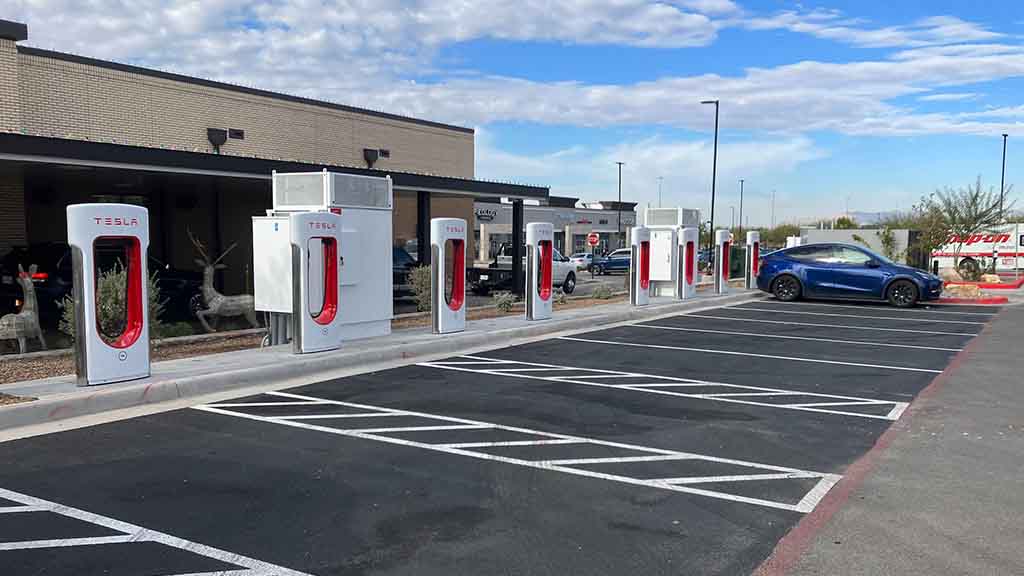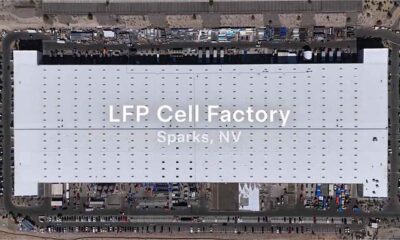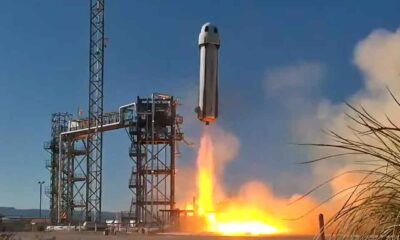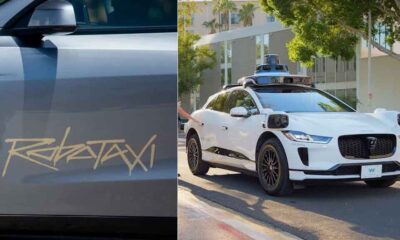EV
US government grants $623 million to build EV charging network

The U.S. government on Thursday announced a grant of $623 million to build an electric vehicle (EV) charging network including urban, rural, and suburban areas.
The latest step is part of the Biden Administration’s aim to build a more EV-friendly ecosystem with 500,000 public chargers by 2030.
“This funding will help ensure that EV chargers are accessible, reliable, and convenient for American drivers while creating jobs in charger manufacturing, installation, and maintenance for American workers,” said U.S. Transportation Secretary Pete Buttigieg.
Along with this announcement, the Federal Highway Administration is giving $311 million to 36 community projects to build EV charging stations and hydrogen fueling infrastructure in urban and rural communities. The next $312 million fund will go to roadways projects designated as “Alternative Fuel Corridors”.
Here are the EV charging projects announced under the new $623 million grant.
$10 million will go to the New Jersey Department to build EV charging stations for residents in multi-family housing in disadvantaged communities and rural areas.
$15 million for Maryland Clean Energy Center to build 87 electric vehicle charging stations in urban, suburban, and low- and moderate-income communities across the state.
$70 million was granted to the North Central Texas Council of Governments to build up to 5 hydrogen fueling stations for medium and heavy-duty freight trucks in Dalls-Fort Worth, Houston, Austin, and San Antonio.
$15 million was issued to the County of Contra Costa in California to build a total of 52 fast chargers and 60 Level 2 chargers.
$15 million to Energy Northwest to install 40 fast chargers and 12 level 2 chargers across western Washington State and northern Oregon.
$12 million to the City of Mesa, Arizona to build 48 electric vehicle chargers for different vehicle sizes, charging docks for e-bikes and e-scooters, and solar canopies to support electricity production at the stations.
$1.4 million was announced to build an EV charging station in Haines, a rural and disadvantaged community with no public EV chargers.
(source – USDOT)












